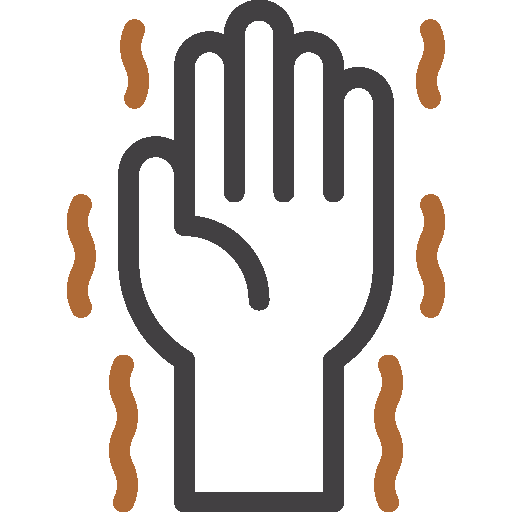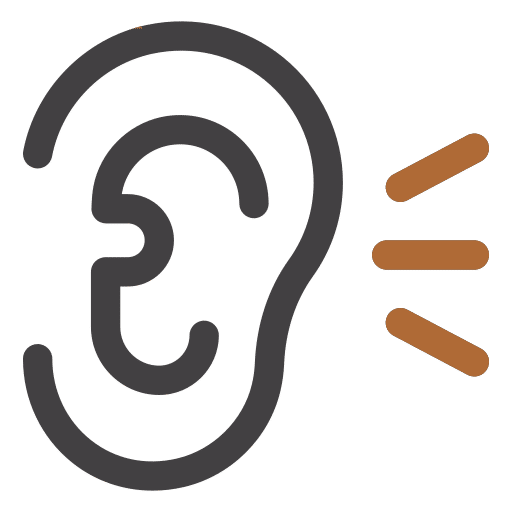Alcohol withdrawal is a complex medical condition requiring careful management to prevent complications. The Clinical Institute Withdrawal Assessment for Alcohol, Revised (CIWA-Ar) Protocol is a vital tool in this process. It serves as a guide in the assessment and treatment of patients with alcohol use disorder or experiencing alcohol withdrawal symptoms.











